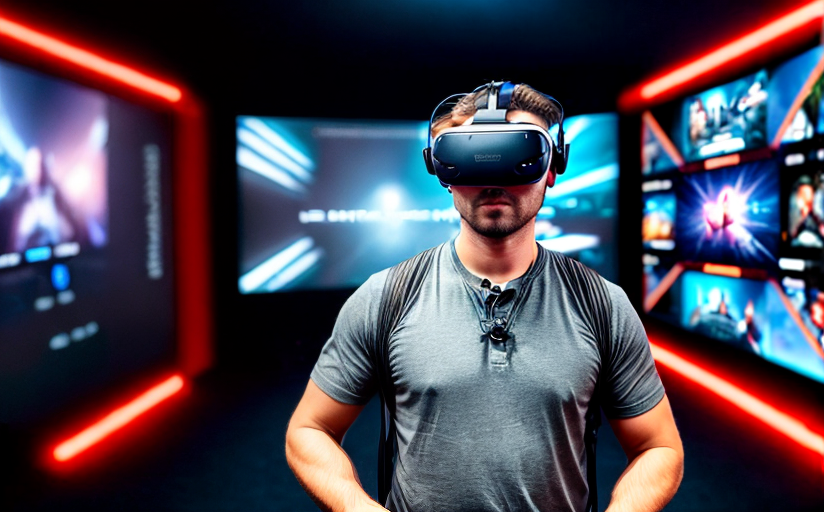Virtual Reality (VR): A Game Changer in the Entertainment Industry
The evolution of technology has had a significant impact on various sectors globally, with the entertainment industry being no exemption. Virtual Reality (VR) in particular has been monumental in revolutionizing entertainment, introducing audiences to a newfound level of immersive experiences and interactive storytelling.
VR in Movies
With VR, film making has taken an extraordinary leap. This technology immerses viewers in the world depicted on-screen like never before, making them feel as if they were part of the plot. From experiential documentaries to VR cinemas, filmmakers are capitalizing on this innovation to provide audiences with a neoteric film viewing experience.
VR in Gaming
Virtual Reality has completely transformed the gaming industry by creating thrilling, immersive experiences. From allowing players to explore imaginary realms to combating in a simulated warzone, VR has taken gaming a notch higher by delivering riveting, interactive experiences that blur the boundaries between reality and fiction.
VR in Music
The music industry too, has tapped into the potential of VR. From VR music videos that allow the audience to fully immerse in the music, to virtual reality concerts that let you enjoy live performances from the comfort of your own home, VR has significantly expanded the horizons of musical experiences.
VR in Theme Parks & Theatre
Theme parks are employing VR to take their thrill rides to new heights. VR roller coasters and VR-enhanced haunted houses are now common attractions. Similarly, in theatre, directors are implementing VR to provide audiences interactive, immersive experiences portraying plays in a whole new dimension.
Challenges and Future Prospects
Despite the advancements, the industry faces several challenges. High VR hardware cost and lack of consumer awareness are among the significant roadblocks. Additionally, producing high-quality VR content is a complex, time-consuming, and expensive process. As we move forward, the industry will need to address these challenges to make VR more accessible and affordable.
Looking into the future, we can expect VR to integrate more closely with various aspects of the entertainment industry. As technology continues to evolve and improve, we will see richer, more immersive, and varied VR experiences – from more realistic video games to nuanced, emotive virtual performances in theatre.
















Comments
Leave a Comment